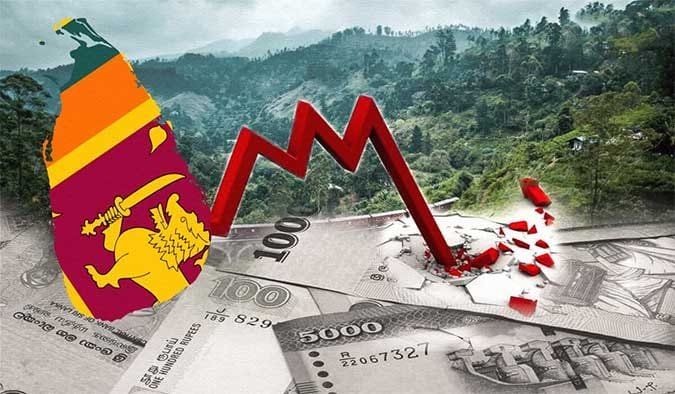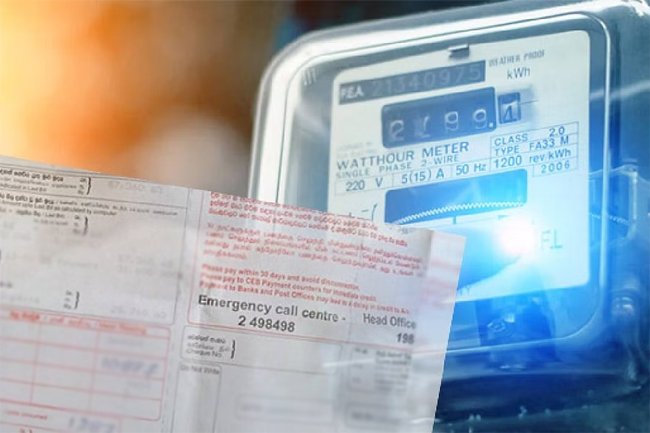In the recent presentation of Sri Lanka’s 2025 budget, the government outlined a series of ambitious policies aimed at economic stability and growth(Fiscal Stability). However, a crucial challenge remains: the fiscal deficit. A fiscal deficit occurs when a government’s total expenditures exceed the revenue that it generates, excluding money from borrowings. Addressing this issue is critical for maintaining economic stability and ensuring sustainable growth. This blog post explores practical strategies to bridge the deficit in Sri Lanka’s budget.
Expanding the Tax Base

One of the fundamental ways to address the fiscal deficit is by expanding the tax base. Sri Lanka has traditionally had a narrow tax base, with a significant reliance on indirect taxes which disproportionately affect lower-income groups. By reforming the tax system to include more direct taxes and reducing dependency on indirect taxes, the government can ensure a more equitable tax system that also brings in more revenue.
Expanding the tax base involves identifying new tax sources and ensuring that all economic sectors contribute fairly to the treasury. For instance, the digital economy and informal sectors, often under-taxed, can provide substantial revenue if properly integrated into the tax system. Additionally, improving tax compliance through better enforcement and compliance mechanisms is crucial.
Enhancing Tax Administration Efficiency
Improving the efficiency of tax administration can significantly reduce the deficit. This involves streamlining the processes involved in tax collection, minimizing the cost of collection, and enhancing the capacity to detect and reduce tax evasion and avoidance. Using technology to improve data management and analysis can lead to more targeted and effective enforcement strategies, reducing leakages and increasing revenue.
Rationalizing Public Expenditure
While increasing revenue is one side of the equation, rationalizing and optimizing public expenditure is equally important. This includes cutting unnecessary costs, improving efficiency in public sector operations, and ensuring that government spending delivers value for money. For instance, subsidies and transfers should be carefully scrutinized to ensure they are targeted and effective in achieving their intended social or economic outcomes.
The government could also look into public-private partnerships (PPPs) as a way to leverage private sector efficiencies and capabilities in providing public services, which can reduce the burden on public finances.
Curbing Corruption and Enhancing Transparency
Corruption has a corrosive effect on fiscal stability. Ensuring transparency and accountability in government operations can significantly reduce leakages and improve public confidence in the system, which is crucial for stable fiscal management. Implementing robust systems for monitoring and accountability, and strengthening institutions responsible for oversight, can help curb corruption and enhance the effectiveness of government spending.
Reforming State-Owned Enterprises
State-owned enterprises (SOEs) in Sri Lanka often operate at a loss and are a significant drain on the country’s finances. Reforming these enterprises, possibly through better management practices, restructuring, or privatization of non-essential entities, can help reduce fiscal deficits. Making SOEs more accountable and commercially viable can turn them from fiscal burdens into assets that contribute to the national treasury.
Fostering Economic Growth
Economic growth directly impacts fiscal stability by increasing tax revenues and reducing the need for borrowings. Focusing on policies that promote higher growth, such as investment in infrastructure, education, and technology, can create a more vibrant economy. Furthermore, creating a conducive environment for investment, both domestic and foreign, can stimulate economic activities and generate additional fiscal revenues.
Managing Debt Efficiently
Efficient debt management is crucial for reducing fiscal deficits. This involves not only securing favorable terms for new debt but also restructuring existing debts to better manage payment obligations. Reducing the cost of debt can free up resources for other developmental needs, thus improving the overall fiscal health.
Conclusion
Bridging the fiscal deficit in Sri Lanka requires a multifaceted approach that includes both increasing revenues and rationalizing expenditures. By expanding the tax base, enhancing tax collection efficiency, rationalizing government spending, and fostering conditions for economic growth, Sri Lanka can move towards a more sustainable fiscal path. Moreover, combating corruption and reforming state-owned enterprises will be pivotal in ensuring that the resources are used efficiently and effectively. Each of these strategies will require strong political will, public support, and effective implementation to achieve the desired outcomes, setting the stage for a stable and prosperous economic future for Sri Lanka.













